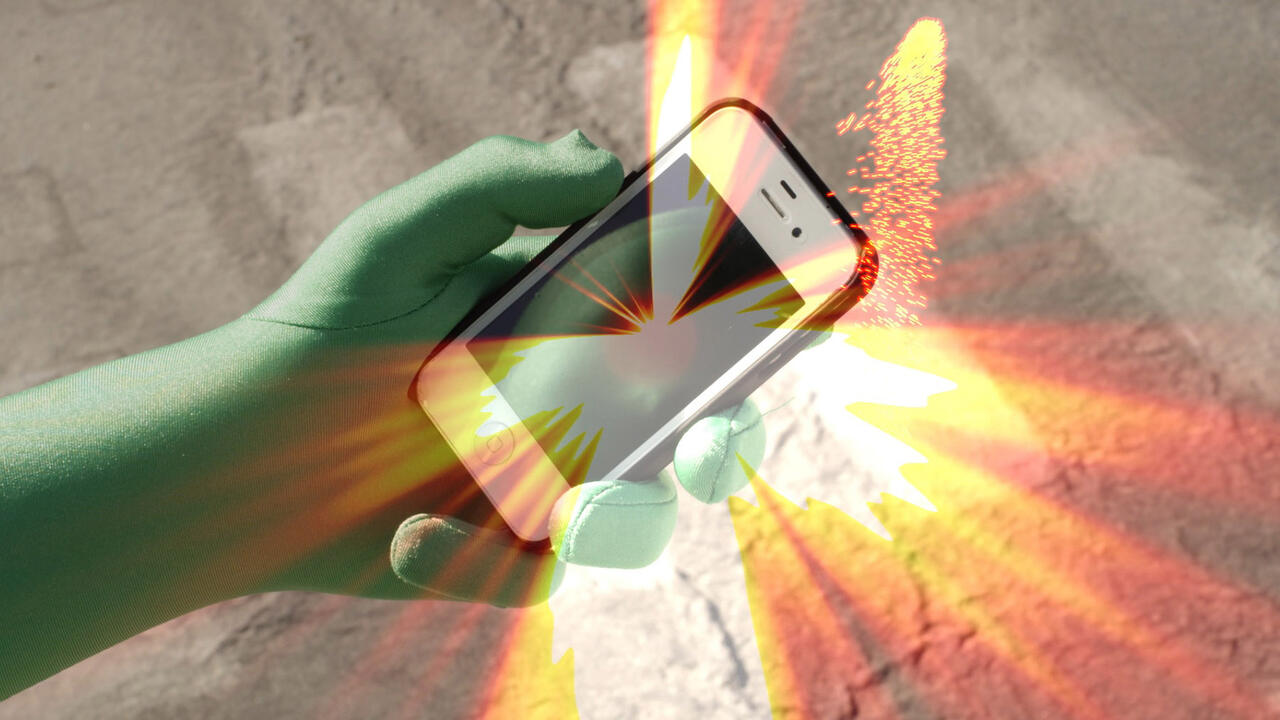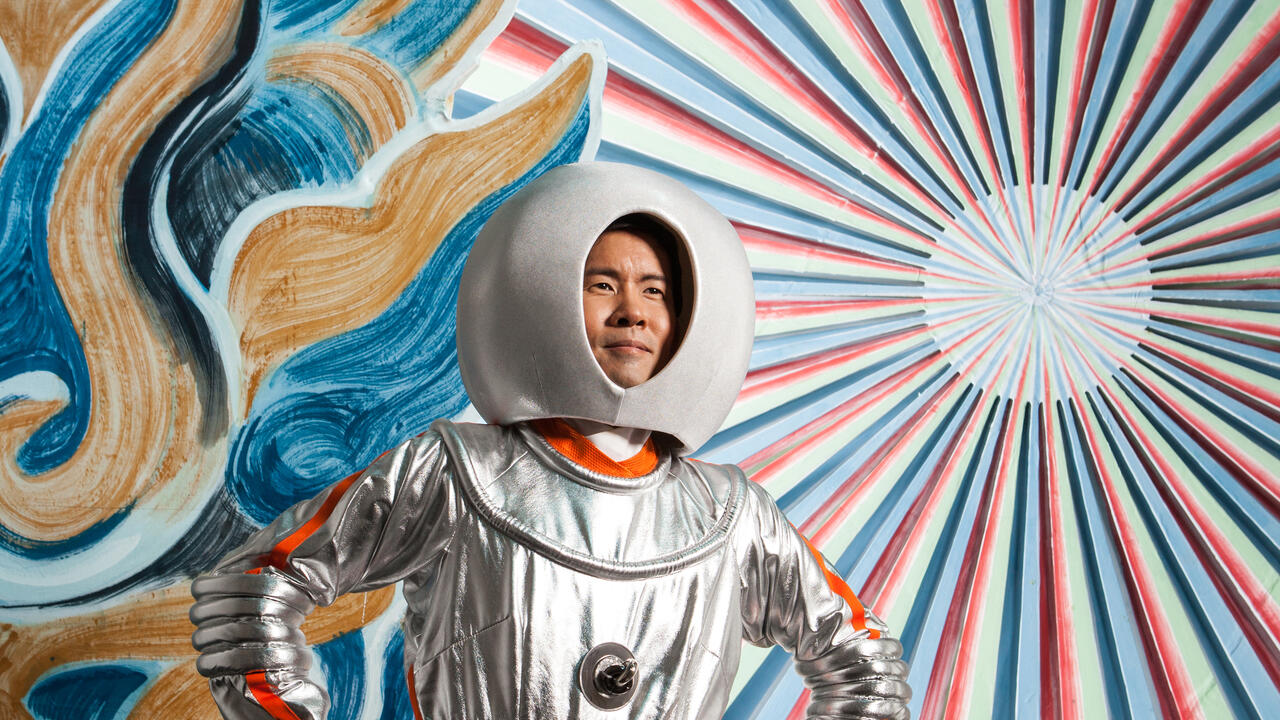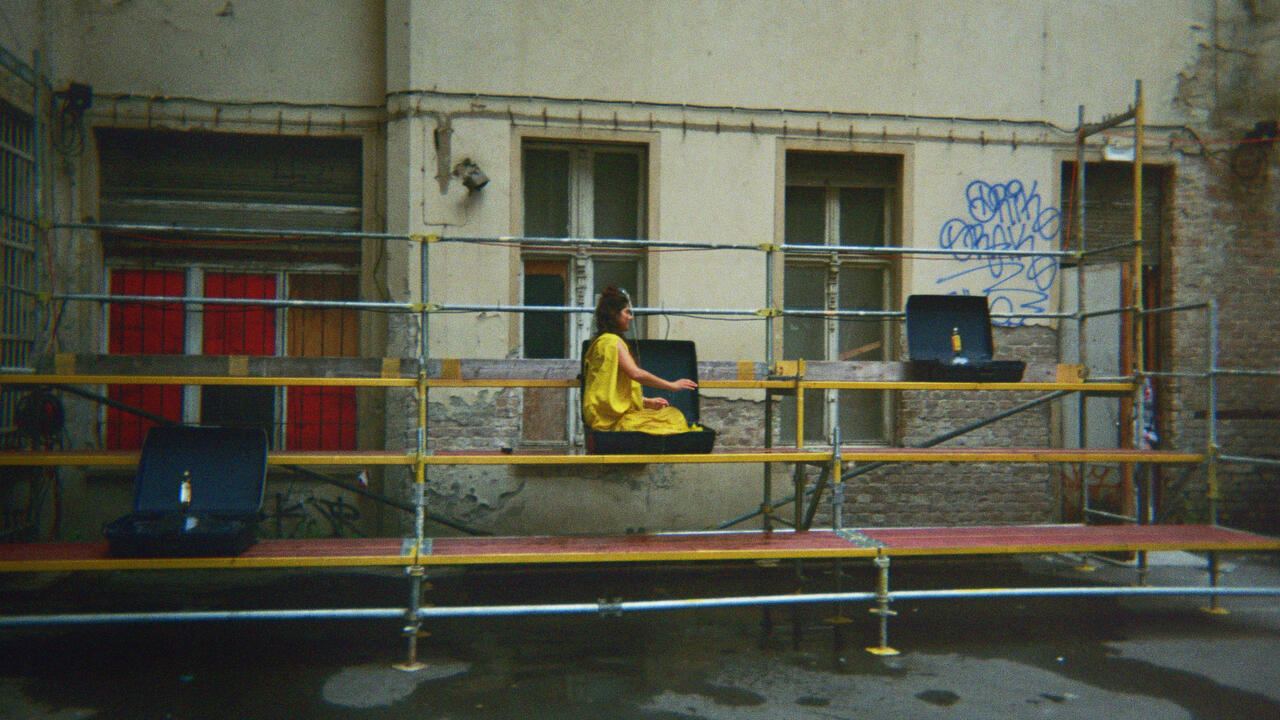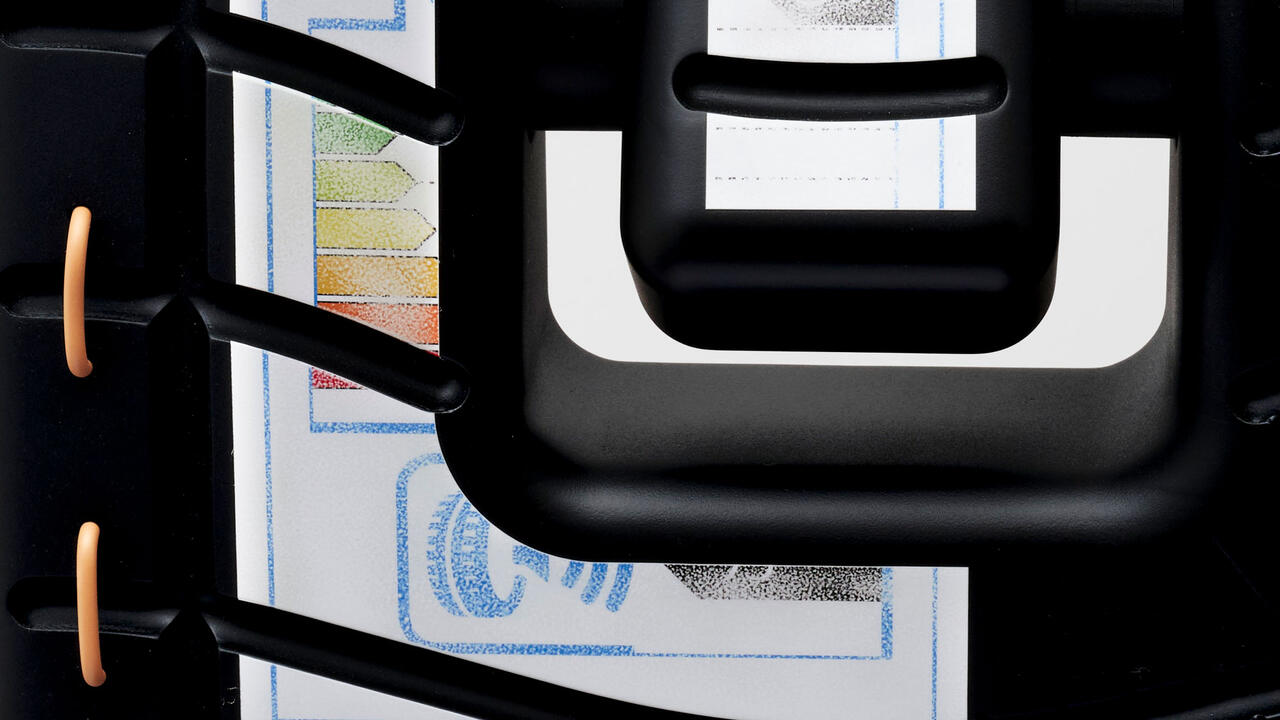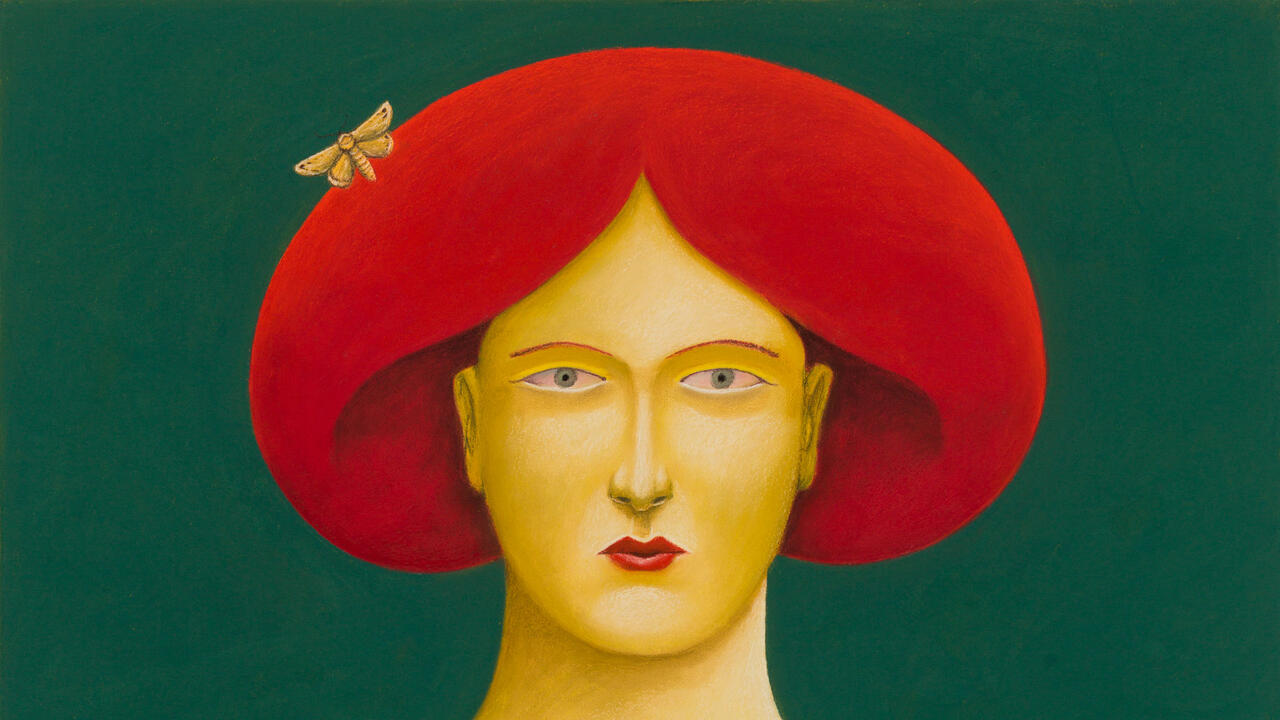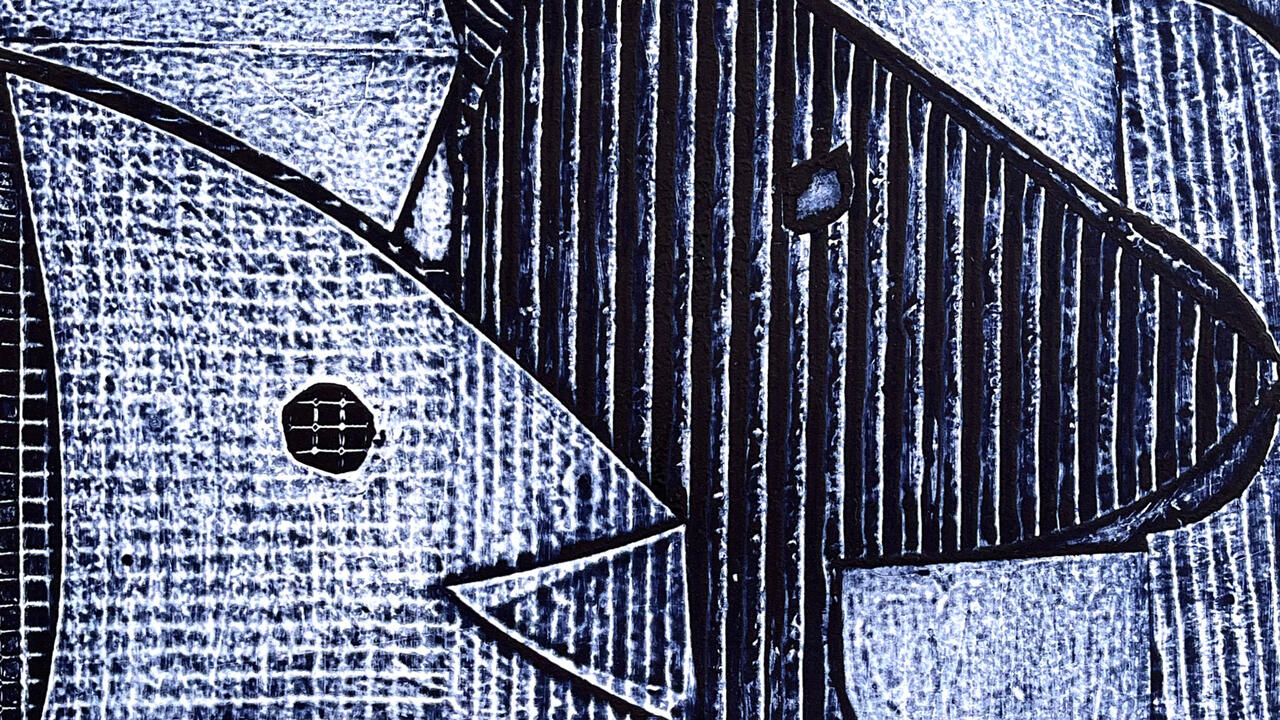Being ‘The Best’: Gillette and the Commodification of #MeToo
The razor giant is asking its consumers to examine their supposed misogyny, without actually exploring where ideals of ‘best-ness’ arise
The razor giant is asking its consumers to examine their supposed misogyny, without actually exploring where ideals of ‘best-ness’ arise

Each morning, men peer into the bathroom mirror to shave their face – or trim their beards, or do nothing at all – but what is it they see in their reflection? A new advertisement by Gillette opens with this everyday image. Yet the ad has unleashed a firestorm of controversy. 30 years after Gillette debuted ‘The Best a Man Can Get’ during a Super Bowl commercial, the razor giant has created a new ad campaign entitled, ‘The Best a Man Can Be.’ For the brand’s refashioning of itself, the relationship between personal care and collective responsibility is as close as the shave its ads have promised for decades. But this time, Gillette’s two-minute ‘We Believe’ (2019) ad takes men to task. It asks them to examine their own actions, the ones that condone and perpetuate toxic masculinity. This, the ad suggests, is a social problem so hidden from view that few men consider how they’re implicated in it. Unfortunately, with toxic masculinity so deeply entrenched in our cultural consciousness, it’s also difficult for Gillette themselves to see how being ‘the best’ actually undermines their ad’s well-intentioned goal.

This year’s Gillette ad spends its first half depicting men and boys behaving badly, spotlighting – in poorly acted skits – how males learn to bully one another, as well as sexually abuse women, from the male role models in their lives. The ad’s second half pivots around a clip from former NFL player and actor Terry Crews’s congressional testimony on sexual assault. His quote, ‘Men need to hold other men accountable,’ sets the tone for the ad’s intervention. Gillette’s message? It’s up to men to combat the toxic masculinity they themselves reproduce. The final words the brand leaves with its consumers are encouraging: ‘It’s only by challenging ourselves to do more that we can get closer to our best.’ But a few questions linger: what does it mean for a corporate giant to spur a conversation about masculinity and the codes by which men live by? And how does the brand, by tweaking its slogan from ‘The Best a Man Can Get’ to‘The Best a Man Can Be,’ fail to examine its own blind spots?
Gillette’s decision to create ‘We Believe’ stands with those who bear the greatest weight of sexual assault and abuse. And by committing to ‘donating USD$1 million per year for the next three years to non-profit organizations executing programs in the United States designed to help men of all ages achieve their personal ‘best,’’ Gillette is making a demonstrable effort to back up what we might suspect is hollow rhetoric. By refashioning its messaging around masculinity and criticizing the ads they’ve run in the past, the corporate giant suggests that the care men show for themselves can transform into the concern they show for others.
By addressing the underbelly of masculinity, Gillette seems to align itself with businesses striving for an equilibrium between profit and purpose – most apparent in the practices of ‘B corporations,’ companies that are certified for their corporate social responsibility initiatives. Companies like Patagonia (with its record of environmental philanthropy and stance on ‘good growth’), Warby Parker (with its ‘Buy a Pair, Give a Pair’ programme), and Everlane (which pledges an ethos of ‘radical transparency’) seek to embody this balancing act, and these brands have taken notable stands on pressing social issues. The difference is that questions of sustainability, be it environmental or ethical, aren’t immediately what a man sees in the mirror each day. Gillette’s stand on toxic masculinity hits closer to home, and its creators were prepared for the backlash. As Pankaj Bhalla, Gillette’s North American brand director, said, ‘We expected debate. Actually a discussion is necessary. If we don’t discuss and don’t talk about it, I don’t think real change will happen.’
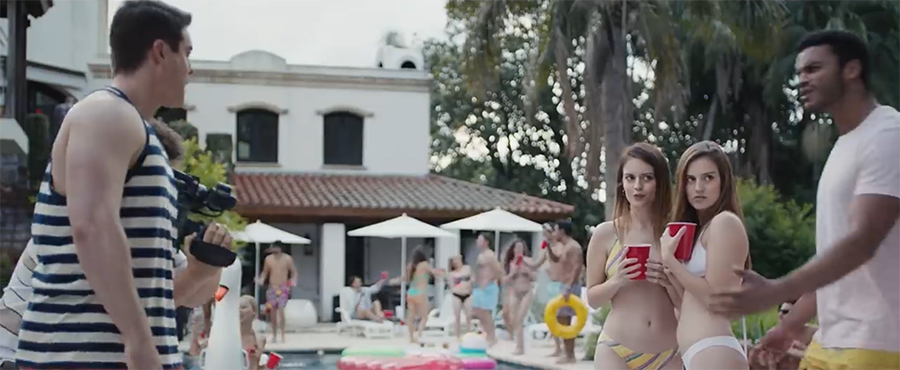
While Gillette’s USD$1 million pledge provides something of a promise, to what extent can consumers truly hold them accountable? The decades our fathers grew up in – from the Mad-Men-esque heyday of post-war debauchery through the testosterone-soaked machismo of Schwarzenegger and Stallone – still live with us today. Those toxic cultural ideals inhabit our minds like artifacts, touchstones Gillette wants us to forget, likely for their own gain.
Crucially, the campaign’s tagline feels hollow – too close in cadence to the First Lady Melania Trump’s ‘Be Best’ initiative. How have we failed our men, and how will a brand truly lift boys up? It’s not enough to inflect a slogan like ‘The Best a Man Can Get’ to end with ‘Be.’ (‘Get’ elided, in too neat a package, both personal fulfillment and ownership, so it had to go.) A shift to ‘Be’ should, in light of the ad’s appeal to consumers, actually read ‘The Best a Man Can Become,’ where masculinity is a process of continual personal effort and collective transformation.
Gillette is also asking its consumers to examine their supposed misogyny, without actually exploring where ideals of ‘best-ness’ arise. The codes of ‘best-ness’ for Gillette are embodied in their new mission to deliver ‘respect,’ ‘accountability,’ and ‘role-modeling.’ But it never questions what lies at the heart of being ‘the best.’ Young men and women are being pushed at home, in the classroom, and across social media to be the best possible versions of themselves, in the hope that they’ll become productive members of society. Yet en masse millennial burnout is just one part of the disappointment and frustration with the lack of opportunities rewarding them on the other side of their labour. ‘We Believe’ is ‘dedicated to celebrating the stories of men making a positive impact, and to inspire others in the process.’ Somehow, though, striving to be ‘the best’ establishes a fraught link between how we choose to take care of ourselves and how we want to take care of our society. A social goal to be ‘the best’ doesn’t get us far enough from the hypercompetitive drives that fuel bullying. Worse, what happens when a man isn’t ‘the best’?

It’s painful to think that #MeToo is big business for media conglomerates, who spotlight heinous injustices in exchange for ratings, and for corporate giants desperate for profits across our attention-scattered landscape. Viewing ‘We Believe’ with skepticism is healthy, especially when considering how brands like Nike have, in certain lights, pursued a ‘formula of associating with rebellious, radical and revolutionary issues.’ As for myself, the day I first shaved, I did so alone, without my father’s guidance. Armed with only a Gillette razor and instructions I’d printed off the internet, I sensed I’d made myself a man on my own. It didn’t feel like the closest shave I could get, or the best I could be. What’s benefited me over the years hasn’t been heeding the advice of brands or seeing the worst of my gender portrayed on-screen. But countless hours in front of a mirror have certainly helped.
Main image: Gillette, We Believe: The Best Men Can Be | Gillette (Short Film), 2019. film still. Courtesy: Gillette








